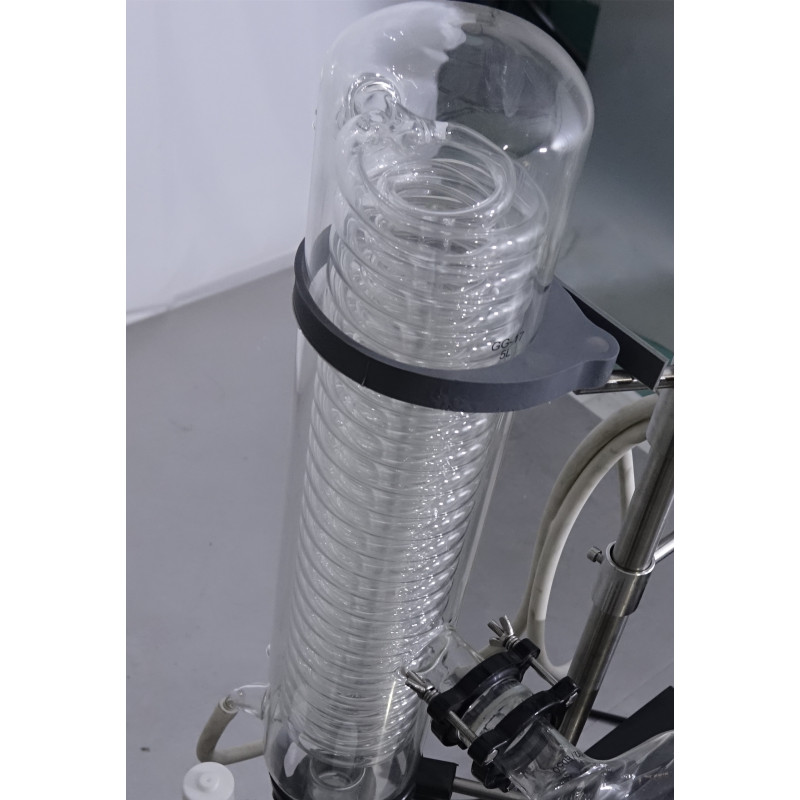Rotary evaporators play a crucial role in laboratories by facilitating efficient solvent evaporation. Their ability to handle temperature-sensitive materials while maintaining high efficiency makes them indispensable. However, ensuring safety and reliability during operation is paramount. By implementing strategic safety measures and utilizing advanced technology, the risk of accidents or malfunctions can be minimized. Proper training and adherence to operational guidelines are fundamental to maintaining a safe laboratory environment. One of the key aspects of enhancing safety is ensuring the correct assembly and secure connection of all components. Any loose fittings or improper connections could lead to solvent leakage, posing fire or health hazards. Regular inspection and maintenance of seals, joints, and tubing are necessary to prevent wear and tear that could compromise the system’s integrity. Additionally, using appropriate solvents that are compatible with the system reduces risks associated with chemical reactions or pressure buildup.

Temperature control is another critical factor for safe and reliable solvent evaporation. Maintaining optimal temperatures prevents overheating, which could cause solvent decomposition or system damage. Advanced Gwsi rotary evaporators are equipped with precise temperature controls and automated safety shut-offs, ensuring consistent operation within safe limits. Users should also avoid exceeding the recommended pressure levels, as this could lead to glassware implosion or system failure. Vacuum regulation is essential for efficient evaporation while maintaining safety. An unstable vacuum can cause bumping or splashing of solvents, leading to contamination or exposure to hazardous chemicals. To enhance safety, utilizing vacuum controllers that offer stable and adjustable pressure settings is recommended. These controllers help maintain consistent evaporation rates, reducing the risk of sudden pressure changes that could disrupt the process.
Proper ventilation is crucial to safeguard users from exposure to harmful vapors. Implementing efficient fume hoods or local exhaust ventilation systems ensures that any released vapors are effectively captured and expelled. This reduces inhalation risks and maintains air quality in the laboratory environment. Additionally, using compatible glassware with the rotary evaporator helps in containing volatile compounds, further enhancing safety. User training and adherence to safety protocols are vital for preventing accidents and ensuring reliability. Operators must be well-versed in the equipment’s functionalities and aware of potential hazards. Regular safety drills, along with the use of personal protective equipment, provide an added layer of protection. By fostering a safety-conscious culture and implementing advanced safety features, laboratories can achieve efficient and reliable solvent evaporation with rotary evaporators.
